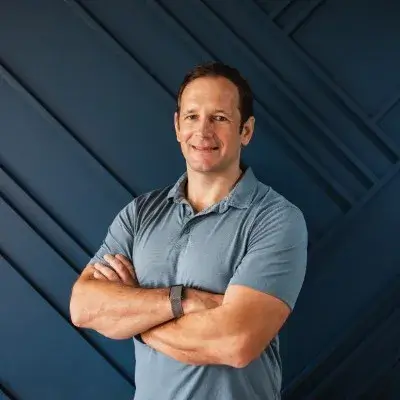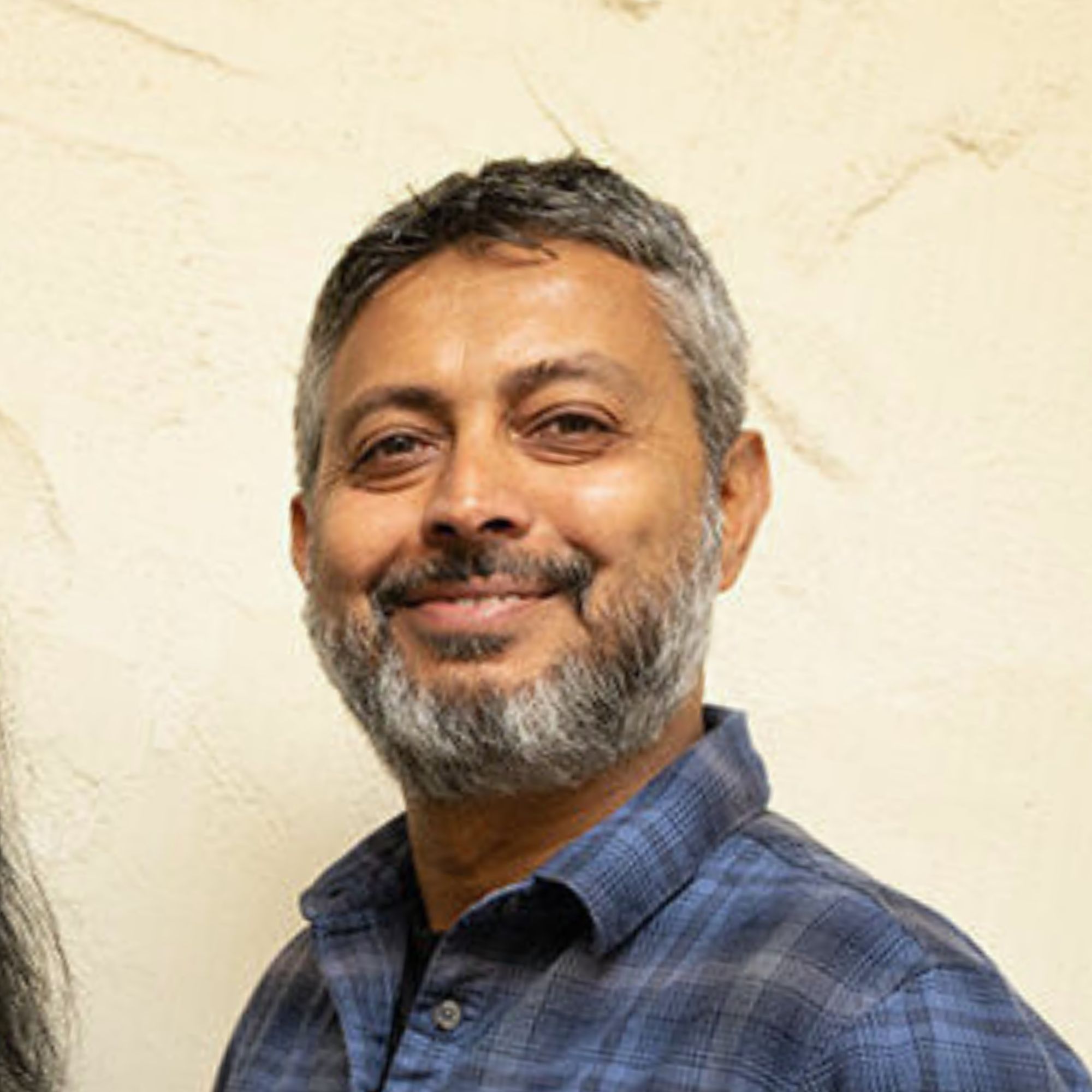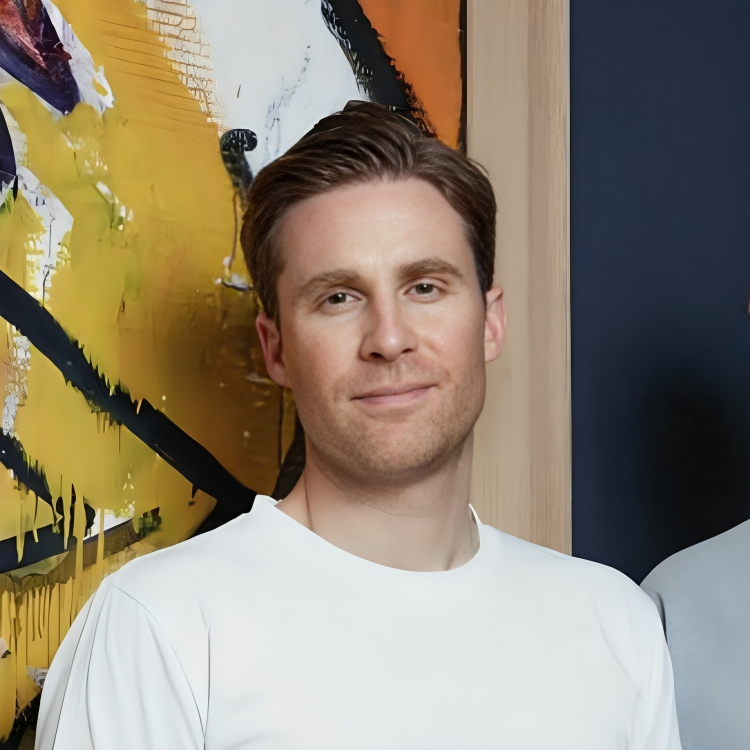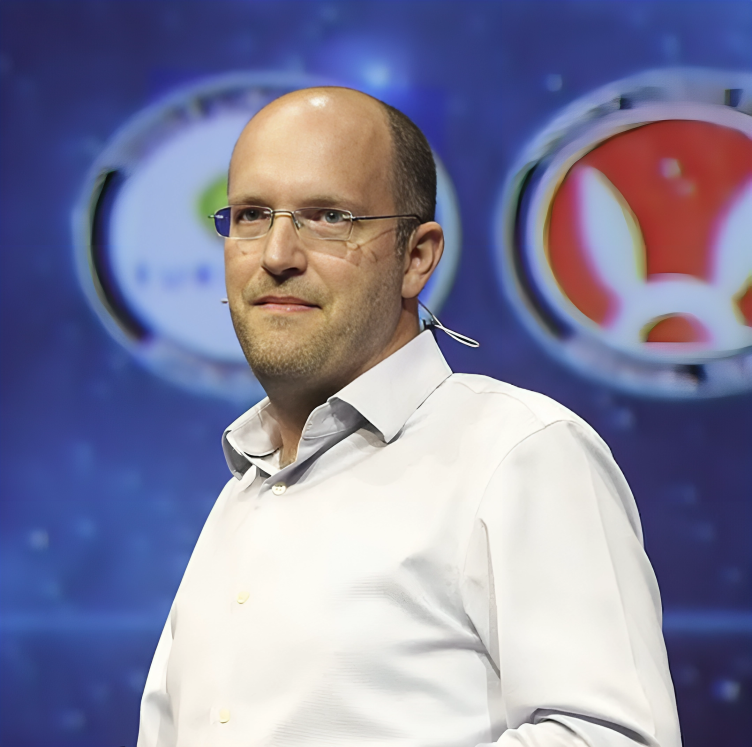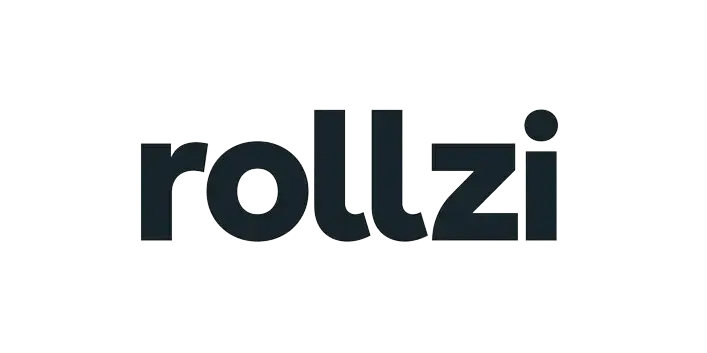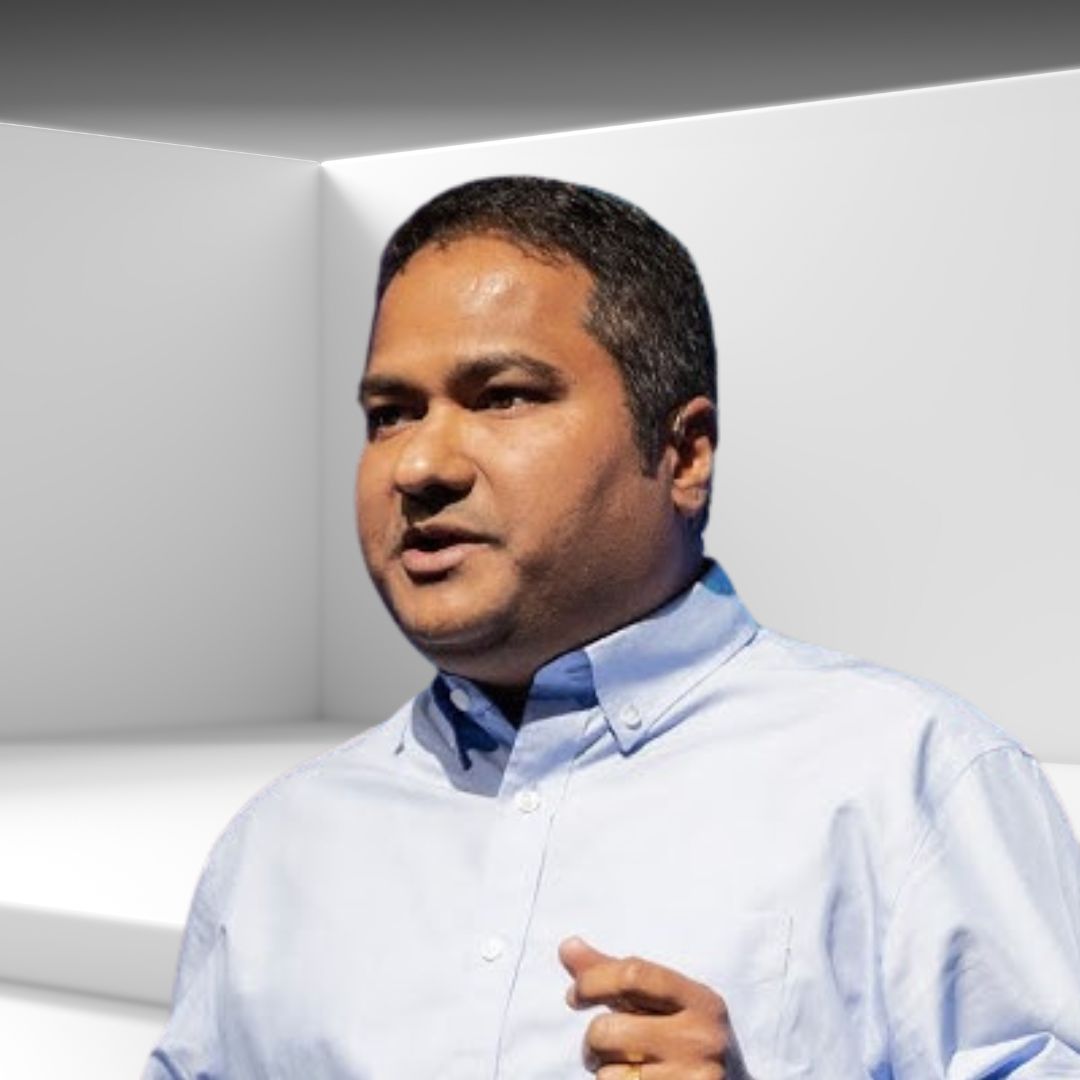Ready to launch your own podcast? Book a strategy call.
Frontlines.io | Where B2B Founders Talk GTM.
Strategic Communications Advisory For Visionary Founders
Conversation
Highlights
Why This Construction Marketplace Founder Prioritized Supply Over Speed
Cross-border procurement isn’t exactly the hottest topic in Silicon Valley. But when COVID disrupted global supply chains in 2020, GlobalFair founder Shaily Garg saw an opportunity to transform how US contractors source construction materials from Southeast Asia.
In a recent Category Visionaries episode, Shaily shared how she built a B2B marketplace handling orders averaging $120,000, achieving 110% month-over-month growth and 98% customer retention. But perhaps more interesting than these metrics is how she approached building in an industry resistant to technological change.
Starting with Supply, Not Scale
While many marketplace founders obsess over rapid expansion across categories, Shaily took a contrarian approach. “Very soon, four months in, we realized that the moat in this business would be supply,” she explains. “So we said, let’s pick up just one category, grow that, and then we’ll figure out rest of it.”
This focus on supply over scale proved prescient. By deeply understanding their manufacturers and controlling quality at every step, GlobalFair could offer something rare in cross-border trade: guaranteed reliability at scale.
“We are not just a marketplace, we are a managed marketplace,” Shaily emphasizes. “If in a factory, you define man, machine, material, method – other than machine, everything is owned or controlled by GlobalFair.”
The Cold Start Problem: Solving Trust in High-Stakes Transactions
For any marketplace founder, the chicken-and-egg problem is daunting. But GlobalFair faced an additional challenge: convincing contractors to trust an unknown platform with six-figure orders.
Their solution wasn’t fancy technology. Instead, they built trust through rigorous quality control: “QC is a very big part of whatever we send… pre-production, in production, and post production, pre shipment, there are four levels of QC that happens.”
This hands-on approach paid off. Today, their customers order eight times their initial purchase within the first year – a testament to how well they’ve solved the trust problem in cross-border procurement.
The Counter-Intuitive Approach to Tech Adoption
Perhaps most interesting is how GlobalFair approached technology adoption in a traditional industry. Rather than trying to force digital transformation, they made their technology so impactful that customers pulled it into their workflows.
“This is a sector which is very conventional,” Shaily notes. “While on the supplier side, the adoption in technology is not that big a concern versus on the buyer side, because this is a legacy, relationship based industry.”
Their solution? “What we would then ensure that our technology is extremely intuitive and to an extent that it directly impacts their top line and bottom line… So we don’t need to sell that. Hey, use the tech versus it becomes a pull based sell wherein they’re using the tech irrespective of us pushing for it.”
The Power of Physical Presence
One of Shaily’s biggest regrets? Not relocating to their target market sooner. “Be in customer markets on day one if that’s needed, or even day -30,” she advises. “Because then in that case, maybe you reach at that right problem statement and right business model faster.”
This insight came from experience. GlobalFair pivoted their model twice in just over two years before finding their current approach. Being closer to customers could have accelerated this learning process.
The Storytelling Imperative
For B2B founders, particularly those building in traditional industries, Shaily emphasizes the importance of tailoring your narrative to different audiences. “If I’m talking to an Asia based investor, I would be pitching them manufacturing as a service, as a story. But if I’m talking to a western investor or a UK or a US based investor, I would be talking about labor productivity and construction automation as a story.”
GlobalFair’s journey offers a masterclass in marketplace building: focus on supply before scale, solve trust through operations before technology, and make your product so valuable that adoption becomes inevitable. For founders working on similar challenges, it’s a powerful reminder that sometimes the best path to disruption isn’t moving fast and breaking things – it’s moving deliberately and building trust.
Actionable
Takeaways
Embrace Agility and Experimentation:
Global Fair's success can be attributed to its willingness to pivot and experiment with different models and categories until finding the right fit. Founders should remain open to change and continuously test their assumptions to identify the most sustainable and scalable approach.
Focus on Supply and Quality Control:
In a cross-border marketplace, the key differentiator is the ability to ensure consistent quality and reliability. By owning and controlling the supply chain, implementing rigorous quality checks, and offering guarantees and warranties, Global Fair built trust and loyalty among its customers.
Target the Right Customer Segment:
Rather than trying to serve everyone, Global Fair focused on large-scale multifamily and commercial hospitality contractors who could benefit the most from its end-to-end procurement solution. Founders should identify and prioritize the customer segments that align best with their value proposition and growth potential.
Invest in Storytelling Skills:
Shaily emphasizes the importance of storytelling in fundraising, especially in the early stages when investors bet on the team and idea. Founders should hone their storytelling skills, tailoring their pitch to the audience and highlighting the key points that resonate with their vision and market opportunity.
Be Close to Your Customers:
One of Shaily's biggest learnings is the value of being in the customer's market from day one. By relocating to the US early on, Global Fair could better understand the needs and challenges of its target customers, enabling faster iteration and growth. Founders should prioritize customer proximity and immerse themselves in the market they serve.

